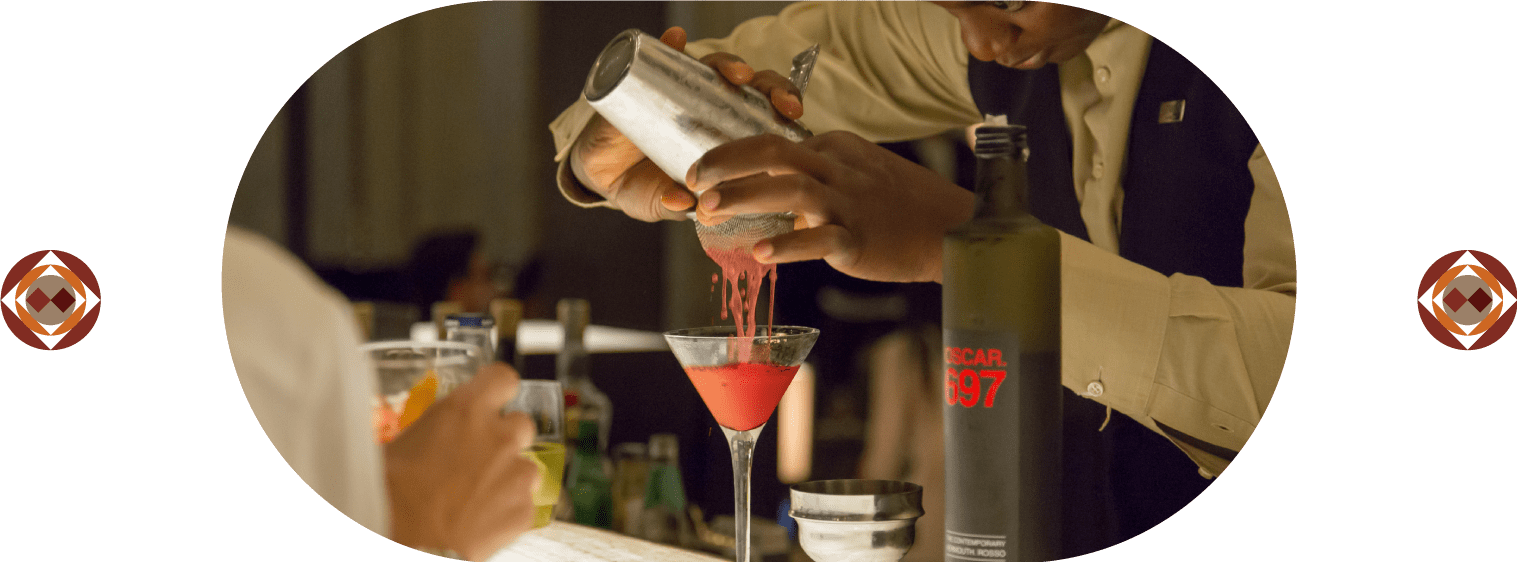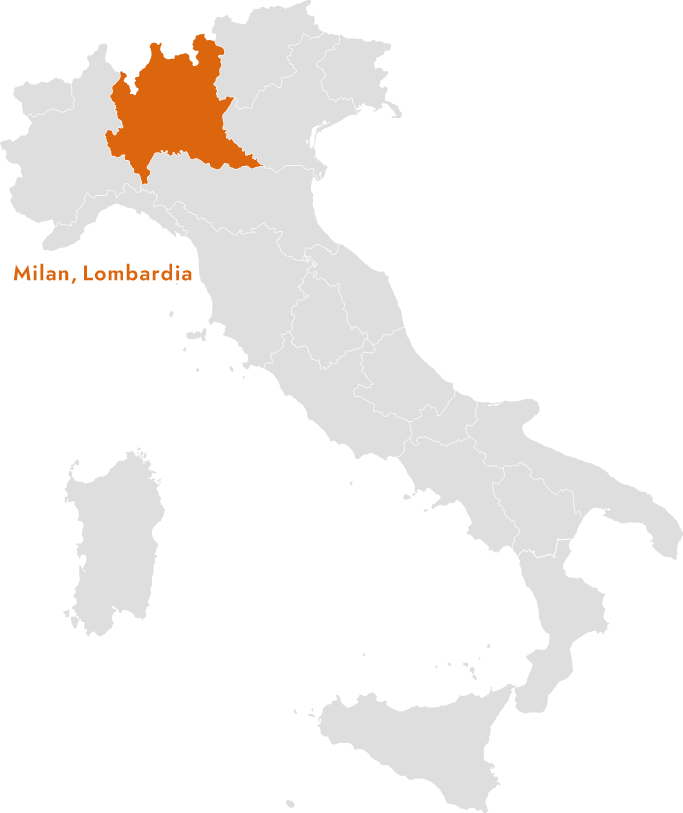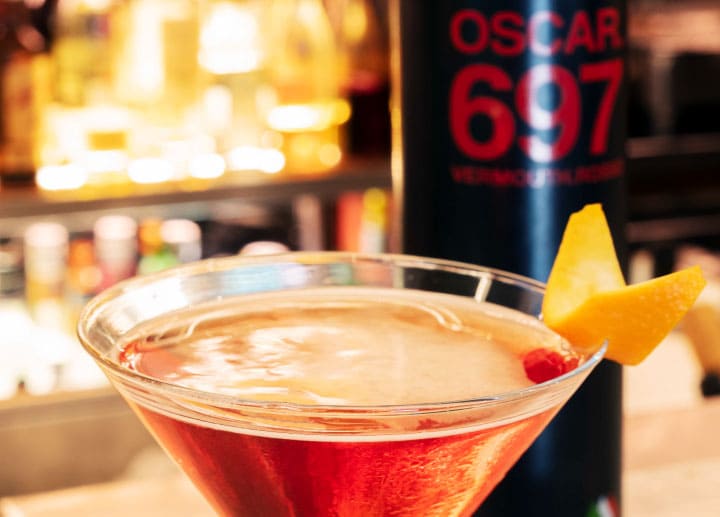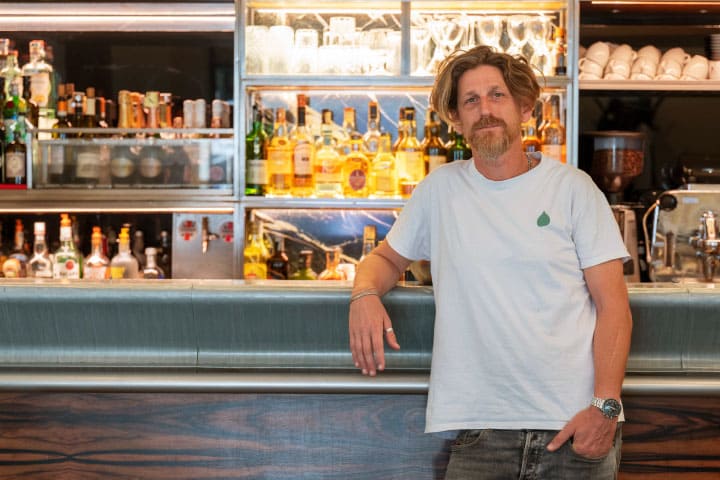OSCAR.697

VERMOUTH
Milan

Milan


There's no doubt about it: Vermouth's time has come. Wine and spirits industry veteran Stefano Di Dio recognized that sooner than most, endlessly riffing on recipes until he landed on formulations that simultaneously honored tradition and broke the mold. When he launched OSCAR.697 in 2013, he was ahead of the curve—a new-generation vermutista shaking up a fairly moribund category—but the market has matured considerably since then. OSCAR.697 remains perfectly positioned to capitalize on this renaissance, which, it could be argued, Di Dio helped spark in the first place.
The reasons for vermouth's rebirth are myriad: lower-a.b.v. cocktails are very much in vogue, as is Italian aperitivo culture. Whereas the initial impetus behind the vermouth renaissance may have come from craft bartenders seeking elevated ingredients for Martinis, Manhattans, Negronis, and other mixed drinks, the consumption of vermouth on its own—with no adornments other than some ice and a garnish—is arguably the future of the category. Vermouth isn't just a product, it's a culture.


Both OSCAR.697 formulations qualify as “Vermouth Storico di Torino” under current IGP EU regulations: They are produced in Calamandrana, a tiny village in the Asti province of Piedmont, where many famous Turin vermouths originated. Nevertheless, the OSCAR.697 products do not carry the IGP designation on their labels—in large part because they take many liberties with tradition in search of new sensations. The Rosso is indeed a classic “sweet” vermouth, albeit one with considerably less residual sugar than most of its mainstream competition (more specifically, 140 grams/liter, the minimum allowed by the IGP). Rhubarb root complements the traditional wormwood in the recipe to heighten the herbal notes. Licorice replaces the ubiquitous cinchona bark, to let OSCAR.697 dance with any high-proof spirit when mixed. Trebbiano di Romagna wine, with its more pronounced acidity and longevity relative to the sweet, soft Moscato, provides the vinous backbone. Only natural caramelized sugar is used to add color.
Then there's OSCAR.697 Bianco. While this, too, is a “traditional” sweet expression in the Vermouth di Torino mold, it also takes liberties in search of its own singular, bitter/sweet voice: Bergamot takes a leadership role, in place of traditional citrus botanicals. Elderflower, too, plays a more critical role relative to classic formulations. And here, too, the residual sugar levels are dialed way back—not just for a more pleasurable sipping experience but more versatility in mixology. Di Dio, who spent many years in the wine business, believes “drier is better,” and we couldn't agree more!
Sustainability is also a priority at OSCAR.697: Their bottles are made from 100% recycled glass and weigh just 450 grams, in an effort to reduce the brand's carbon footprint in shipping. Cap stickers and carton boxes are also from 100% FSC Certified recycled material, and only water-based paints are used for the screen-printed labels. The screw caps are from 100% recycled aluminum.
Having already enjoyed success in the US market, including press accolades such as 94/95-point ratings in Wine Enthusiast, OSCAR.697 adds further depth to an Italian Spirits Company portfolio that is teeming with artisanal vermouth options. For those who believe in the category as much as we do, consider us your authoritative resource.


